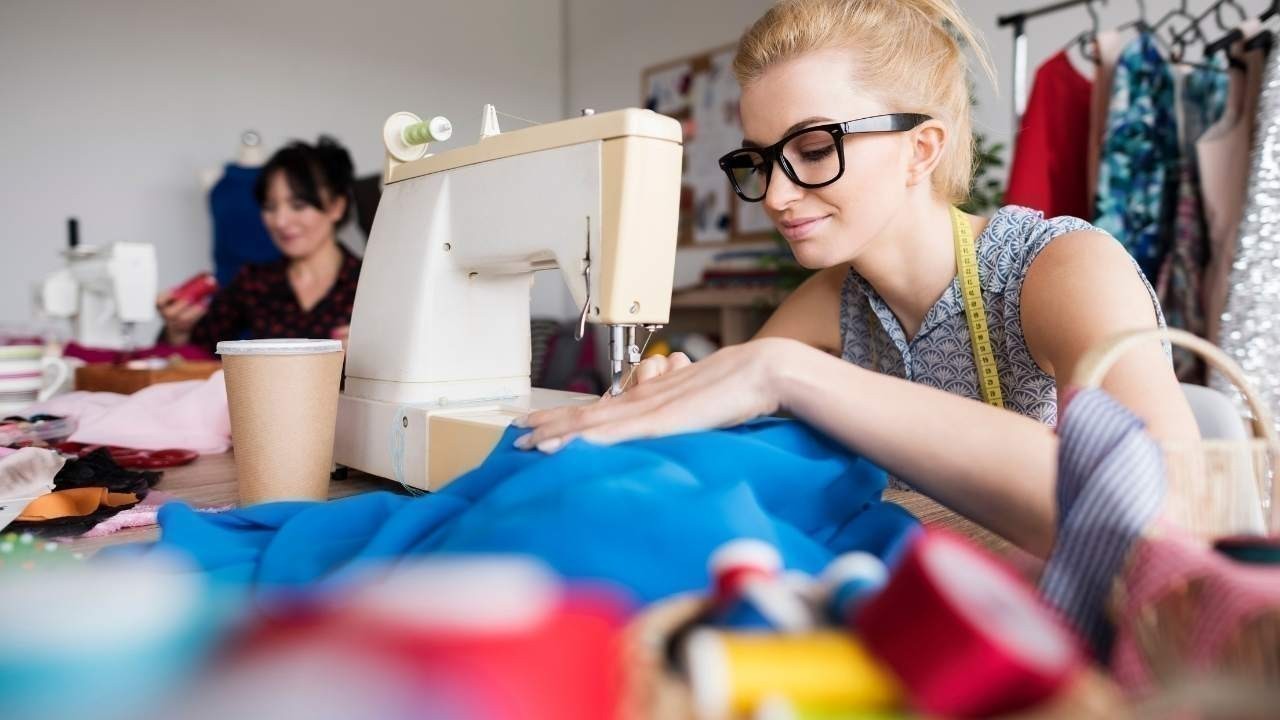
Post by : Michael Darzi
Fashion surrounds us every day. From glossy magazines to Instagram reels, from high-end boutiques to local street markets, fashion is everywhere. We see the models, the shiny fabrics, and the latest trends, but behind every outfit, there is a hidden world that most people never notice. This world is made up of people whose hard work brings fashion to life, yet their names rarely appear anywhere. These are the workers who stitch, cut, and assemble the clothes we wear, forming the unseen backbone of the fashion industry.
Every piece of clothing—whether it’s a shirt, a dress, or a pair of shoes—begins far away from the runways and designer stores. The journey starts in small studios, local workshops, and large factories, often in faraway parts of the world. Skilled workers, mostly women, spend hours sewing, cutting, and finishing each item. Many of them also manage household chores while working long hours. Despite being the backbone of the industry, their work often goes unnoticed by the world.
Countries such as Bangladesh, India, Vietnam, and Cambodia are home to millions of these workers. They work tirelessly to make sure clothes reach stores on time. Their work comes with challenges: low pay, strict deadlines, and little job security. Yet, they continue to work diligently, allowing consumers around the world to enjoy new styles and trends without knowing the effort behind them.
Fashion work is not only about physical effort—it is also emotional and mental. Tailors, seamstresses, and garment workers pour creativity, patience, and problem-solving into every stitch. One small mistake can ruin an entire piece of clothing. This requires extreme concentration and dedication. Many workers quietly handle the stress of meeting deadlines while maintaining high-quality standards. Every item they make reflects their skill and care, even though the world rarely sees it.
Their labor is not just about sewing—it tells a story. It reflects culture, artistry, and identity. Every garment carries the effort of the person who made it, connecting fashion to real human creativity.
Fashion looks fun, trendy, and affordable, but it comes at a hidden cost. Fast fashion, which produces clothing quickly to follow trends, has increased pressure on workers. Many face exhaustion, stress, and physical pain from long hours and repetitive work. Despite these challenges, the final product receives applause while the effort behind it remains hidden.
Understanding the cost of fashion is important. Each piece of clothing represents hours of work, skill, and dedication. When consumers are aware of this, they can make choices that respect the people behind the clothes.
Change begins with awareness. Shoppers have the power to support ethical fashion. Choosing brands that provide fair wages, safe working conditions, and transparent production practices can make a big difference. Simple actions—like researching brands, buying fewer but higher-quality clothes, and asking questions about how clothes are made—help recognize the hidden workforce.
Every purchase sends a message. It can either support unfair labor practices or honor the effort of skilled workers. By making conscious choices, we help create a fairer, more responsible fashion industry.
Fashion is slowly evolving. Some brands are using machines to speed up production, but human skills remain irreplaceable, especially for detailed and handmade designs. Ethical fashion movements are growing, and more people are speaking out about workers’ rights. The goal is a fashion industry where every worker is respected, fairly paid, and recognized for their effort.
Technology can help, but it cannot replace the care, precision, and creativity of human hands. By supporting fair practices and demanding transparency, consumers can ensure that every stitch is valued.
Shoppers play an important role in shaping the future of fashion. Supporting brands that treat workers fairly, avoiding impulsive fast-fashion buys, and choosing sustainable clothing are small steps that make a big impact. Recognizing the hidden labor behind our clothes is not just about ethics—it is about respect for the effort, time, and skill that goes into making fashion possible.
When we understand the story behind our outfits, fashion becomes more meaningful. It is no longer just about trends and colors—it becomes about fairness, respect, and humanity. Every stitch tells the story of someone’s dedication and hard work.
The next time you admire a beautiful outfit or buy new clothes, remember the hidden labor behind it—the secret stitch that connects creativity to real human effort. Fashion is more than colors, textures, or trends. It is about people, their stories, and their skills. Respecting the unseen workforce makes fashion truly beautiful—from the inside out.
Fashion can only be fair, ethical, and meaningful when every worker who contributes to it is acknowledged, valued, and fairly compensated. The labor behind the clothes may be hidden from the public eye, but it deserves recognition in every wardrobe, every shop, and every conversation about fashion.
The information in this article is based on research and industry insights. DXB News Network aims to provide awareness about the fashion industry and its workforce. The content is intended for informational purposes only and does not endorse or promote any specific brand or product.

UAE Gold Prices Today, Monday 16 February 2026: Dubai & Abu Dhabi Updated Rates
Gold prices in UAE on 16 Feb 2026 updated: 24K around AED 599.75/gm, 22K AED 555.25/gm, and 18K AED

Animoca Brands Secures Dubai Crypto License, Clearing Major Regulatory Hurdle
Dubai approves Virtual Asset Service Provider license for global broker‑dealer and digital asset inv
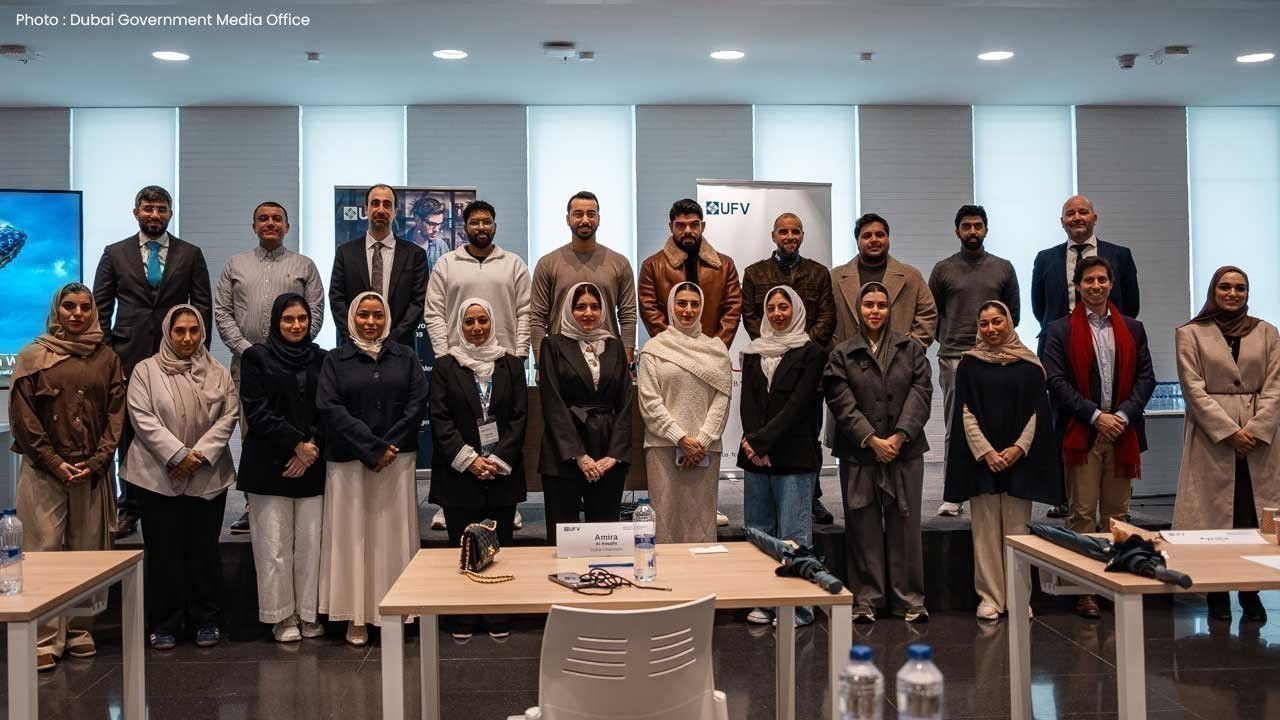
Dubai Media Council Trains Executives in Madrid on Creativity & AI Innovation
Dubai Media Council conducted a global executive programme in Madrid, boosting media leadership, AI
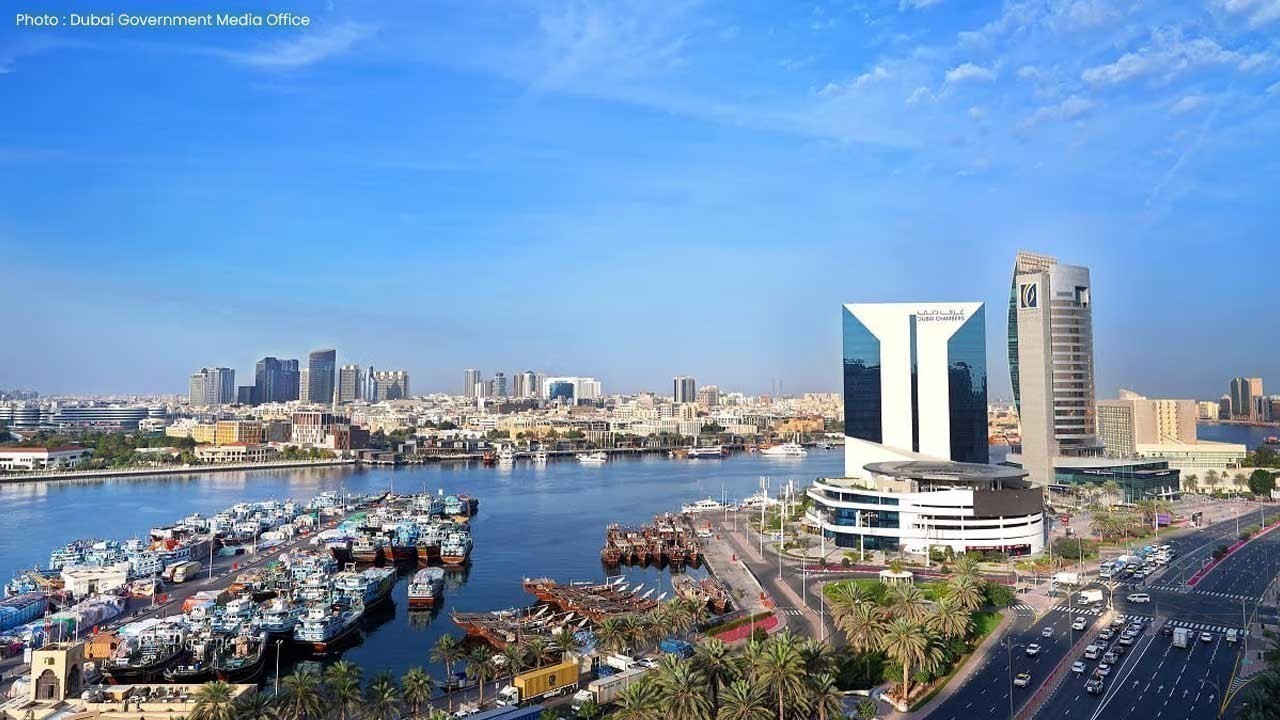
Dubai Chambers Signs MoUs with FinTech Companies to Boost SME Growth
Dubai Chambers collaborates with Mamo, Qashio, Pemo, and Vault to provide SMEs with modern financial

Dubai Traders Teams Up with IQ Fulfillment to Strengthen SME Logistics & Scale
Dubai Traders partners with IQ Fulfillment, offering AI-powered logistics, robotics, and analytics t
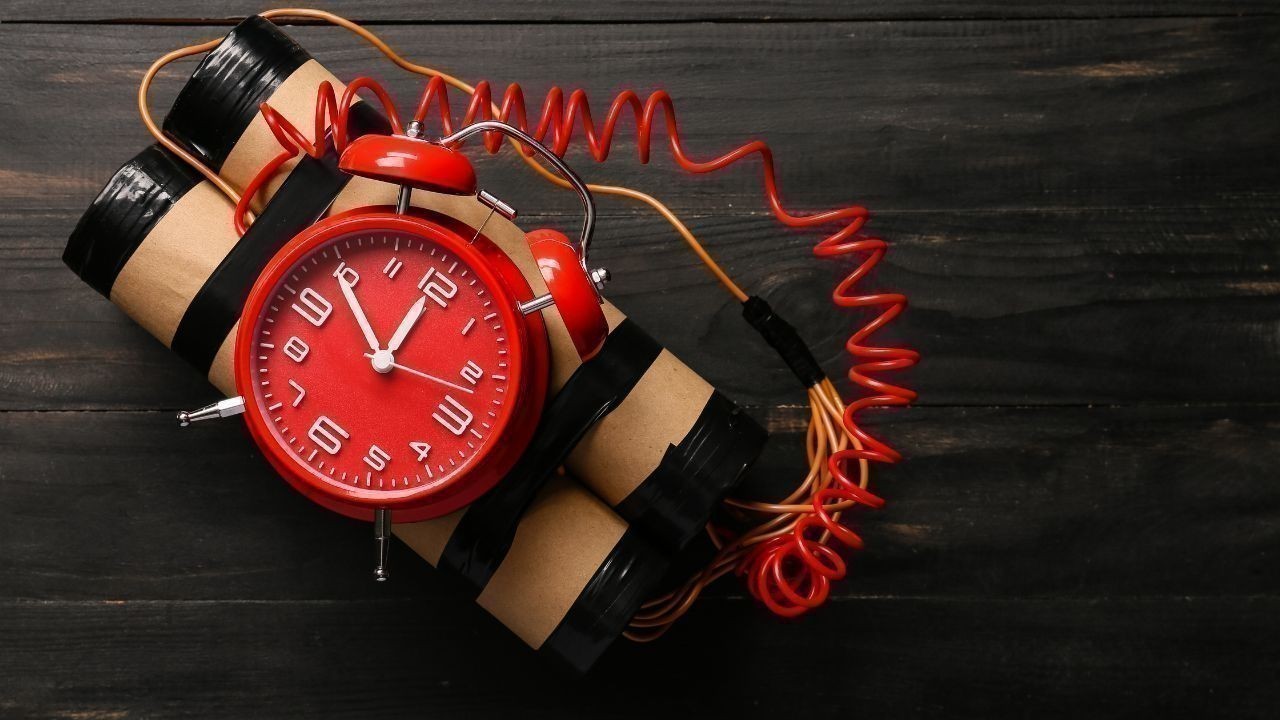
Over 25 Ahmedabad Schools Receive Bomb Threat Email, Authorities Investigate
More than 25 schools in Ahmedabad evacuated after bomb threat emails mentioning Khalistan. Authoriti

16-Year-Old Girl’s Body Recovered from Crematorium Pond in Gurugram
A 16-year-old Gurugram girl went missing; body found in a pond. Diary note revealed her intentions.

UAE Gold Prices Today, Monday 16 February 2026: Dubai & Abu Dhabi Updated Rates
Gold prices in UAE on 16 Feb 2026 updated: 24K around AED 599.75/gm, 22K AED 555.25/gm, and 18K AED

Over 25 Ahmedabad Schools Receive Bomb Threat Email, Authorities Investigate
More than 25 schools in Ahmedabad evacuated after bomb threat emails mentioning Khalistan. Authoriti

Ukraine Ex-Energy Minister Arrested in Corruption Case
Ukraine’s anti-corruption agency NABU arrested former Energy Minister German Galushchenko while he t

Toxic: A Fairy Tale for Grown-Ups set for worldwide release on March 19, 2026
Toxic: A Fairy Tale for Grown-Ups starring Yash releases worldwide on March 19, 2026, with festive t

Suryakumar Dedicates T20 World Cup Win as India Crush Pakistan by 61 Runs
India defeated Pakistan by 61 runs in the T20 World Cup. Suryakumar Yadav praised Ishan Kishan’s 77

Dhurandhar 2 set to storm theatres on March 19, 2026
Dhurandhar 2, titled Dhurandhar: The Revenge, releases in theatres on March 19, 2026 with a pan-Indi

Dubai Games 2026 Concludes Celebrating Teamwork and Triumph
Dubai Games 2026 ends with Ajman Government, F3, and Czarny Dunajec winning top titles as 1,600 athl
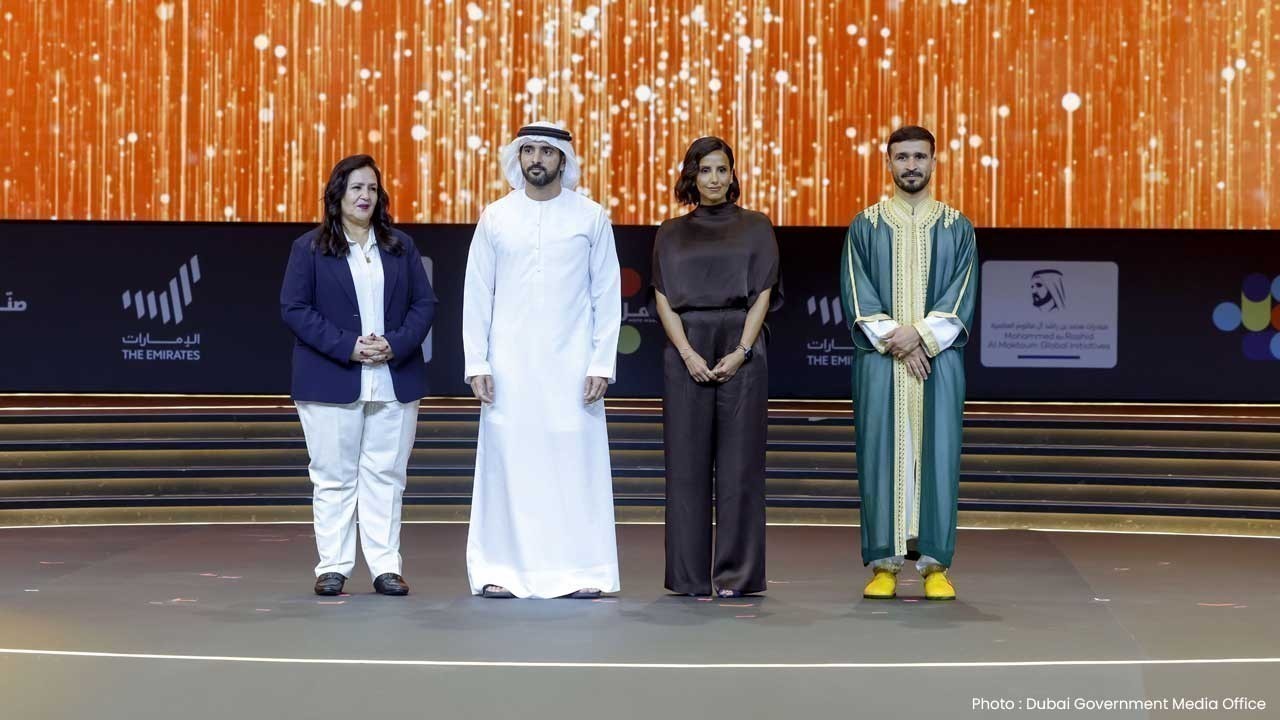
Sheikh Hamdan Honours Arab Hope Maker with AED3 Million Awards
Sheikh Hamdan crowns Fouzia Mahmoudi Arab Hope Maker, awarding AED3 million to top finalists for hum